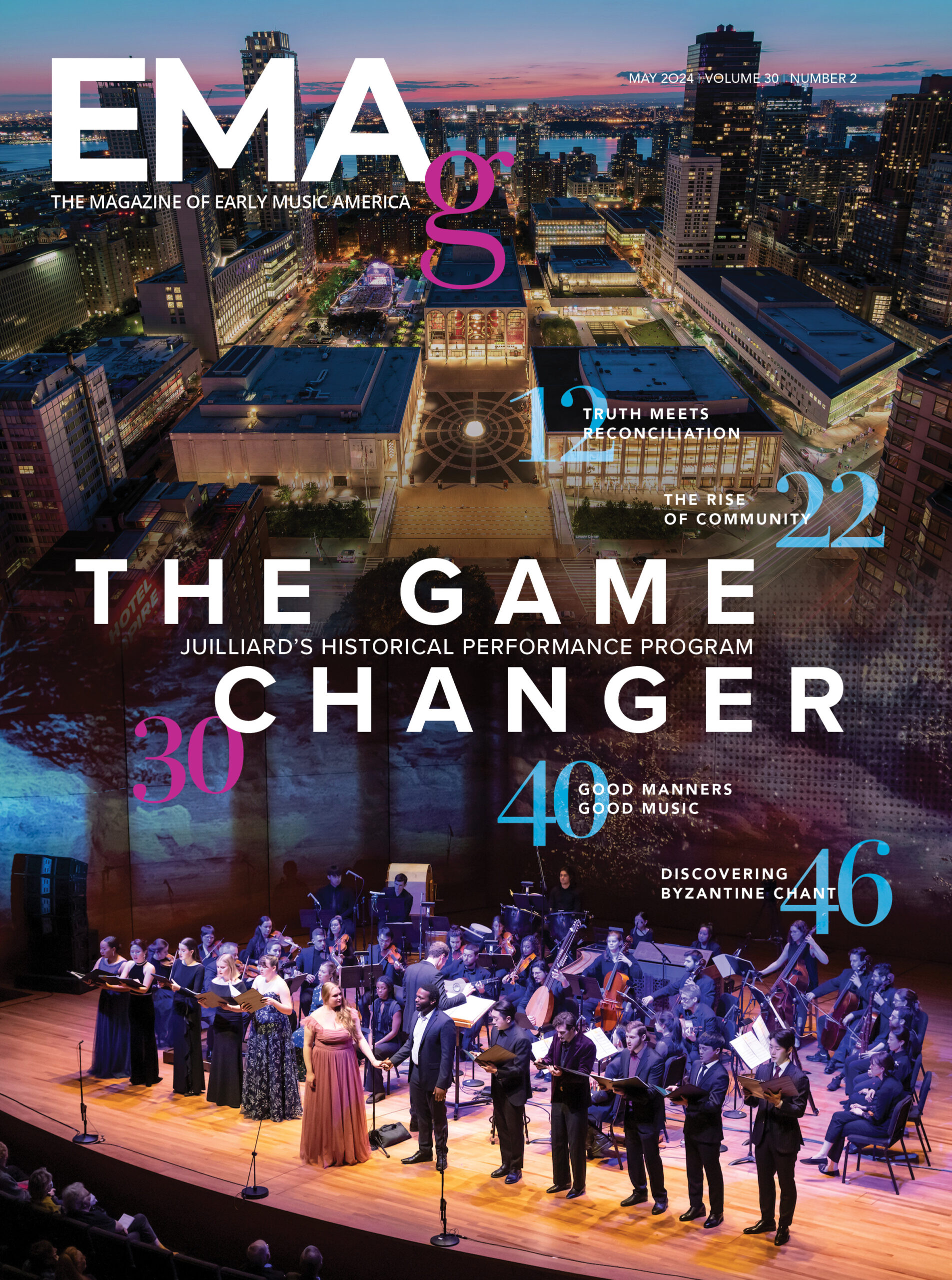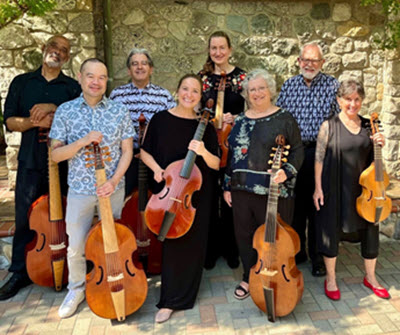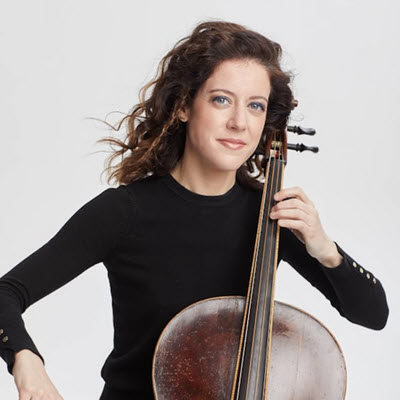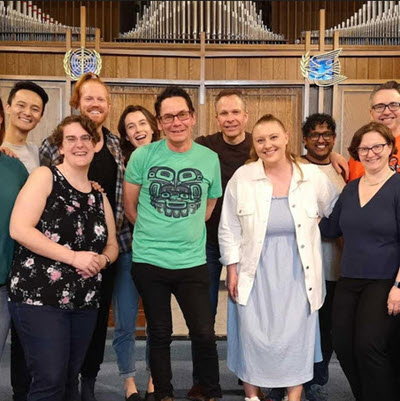
Included in the Full Issue
- Truth Meets Reconciliation: Indigenous Arts Meets Renaissance Music by Jacob Gramit
- The Rise of Community Orchestras by Kyle MacMillan
- The Game Changer: Juilliard’s Historical Performance Program by Thomas May
- Good Manners, Good Music: Adventures in the Galant with Elinor Frey by Jacob Jahiel
- I Psaltiki Techni: Discovering Byzantine Chant by Richard Barrett
- From the Publications Director: Follow the Money
- From the Executive Director: Membership Impacts the Entire Field
- EMA Courant: News from Around the Early-Music Community by Paulina Francisco
- Canto: Ending the Stigma of Singers and Hearing Loss by Thomas Cooley
- Recording & Book Reviews
- EMAg Puzzle by Joshua Kosman
- Musings: IS a Live Audience the Third Wheel? by Thomas Forrest Kelly
- Toil & Trouble: Sight-reading for Success by Judith Malafronte
Current EMA members can read this and previous issues of EMAg.
Please login or become a member today!
Features

The Rise of Community
New and Different: the rise of amateur Baroque community orchestras with no direct links to academia or instrumental societies. These musicians play with period instruments and are just as committed to historical performance as their professional counterparts. Yet ‘we do not reject anybody because they are either too good or too bad.’

Membership Impacts the Entire Field
‘I suppose it would be easier for EMA to cater to just professional musicians or only arts administrators,’ writes EMA Executive Director David McCormick. ‘But there’s a vitality to the rich tapestry of our membership that allows for a collaborative spirit between professional performers, amateur players, scholars, luthiers, and listeners, to name a few. Thanks to our free and low-cost membership options for students, we have more young members than ever before…’

Canto: Ending the Stigma of Singers and Hearing Loss
‘We’re all keenly aware of the stigma in classical music about people with hearing loss,’ writes tenor Thomas Cooley. ‘The doctor asked why I was crying. I responded: I just don’t know other singers who use hearing aids.’

Toil & Trouble: Sight-Reading for Success
No one is born knowing how to sight-sing, but throughout history it’s been a necessary skill for good musicianship. ‘I find it extremely annoying to work with singers who can’t sight-read. It’s essential — right up there with being a good colleague and being easy to work with.’

Good Manners, Good Music: Adventures in the Galant
Few performers have spent as much time exploring the galant as Baroque cellist Elinor Frey, who has made the style the subject of numerous concert projects, critical editions, seminars, and a fast-growing discography.

Musings: Is a Live Audience the Third Wheel?
Sometimes the musicians are so swamped by apparatus — starting with music stands, pedals for turning electronic pages on a tablet, microphones hanging over the performers, wires all over the place, and people wearing huge headphones sitting in front of yet more apparatus — that it can feel like a trio sonata on life support. ‘It makes me feel that I’m a third wheel in something much more important than my own enjoyment in the moment.’

Truth meets Reconciliation: Renaissance Music meets Indigenous Arts
Cree composer Andrew Balfour reimagines history and the concept of respect and dialogue between nations of the so-called New and Old World. It’s charting a course for settler ensembles to collaborate with Indigenous artists.

I psaltikí téchni – Discovering Byzantine Chant
Byzantine chant treats the human voice as a fretless instrument. Its cultural roots place it at a unique intersection of ‘world music’ and historically informed performance.

